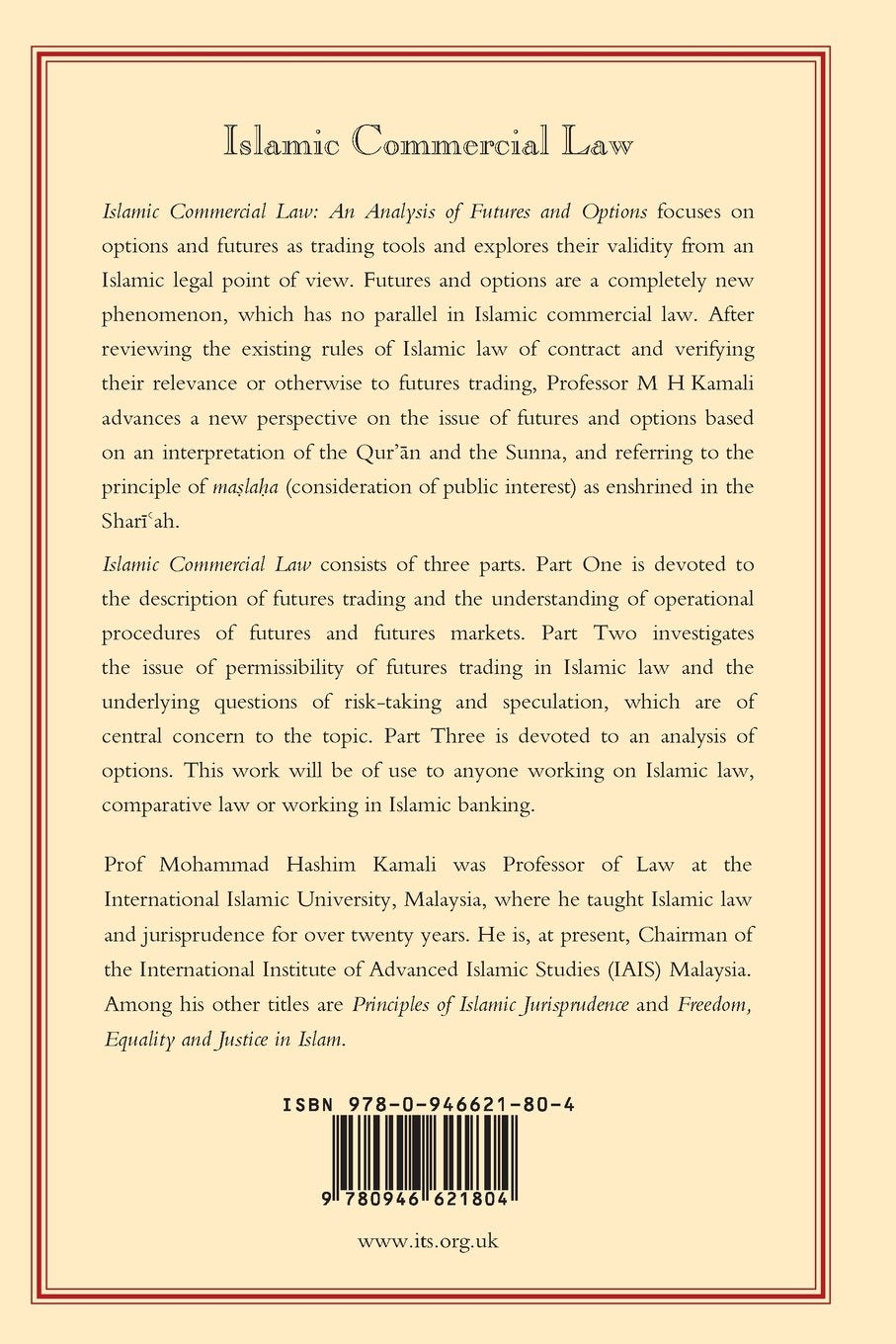About The Book
Islamic Commercial Law: An Analysis of Futures and Options focuses on options and futures as trading tools and explores their validity from an Islamic point of view. Futures and options are a completely new phenomenon which has no parallel in Islamic commercial law. After reviewing the existing rules of Islamic law of contract and verifying their relevance or otherwise to futures trading, the author, Professor M H Kamali, advances a new perspective on the issue of futures and options based on an interpretation of the Qur'an and the Sunnah and referring to the principle of maslaha (consideration of public interest) as enshrined in the Shari'ah.
Islamic Commercial Law consists of three parts. Part One is devoted to the description of futures trading and the understanding of operational procedures of futures and futures markets; Part Two investigates the issue of permissibility of futures trading in Islamic law and the underlying questions of risk-taking and speculation, which are of central concern to the topic. Part Three is devoted to an analysis of options. This work will be of use to anyone working on Islamic law, comparative law or working in Islamic banking.
Islamic Commercial Law consists of three parts. Part One is devoted to the description of futures trading and the understanding of operational procedures of futures and futures markets; Part Two investigates the issue of permissibility of futures trading in Islamic law and the underlying questions of risk-taking and speculation, which are of central concern to the topic. Part Three is devoted to an analysis of options. This work will be of use to anyone working on Islamic law, comparative law or working in Islamic banking.




